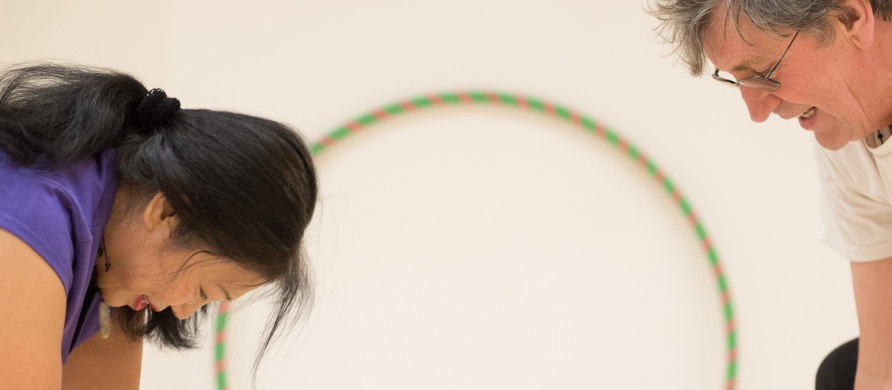How exercise helps
The link between exercise, health and wellbeing is well established and 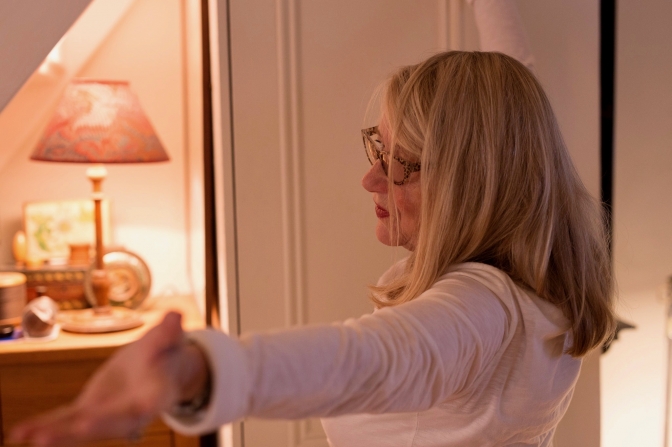
evidence is emerging every week that being active can have enormous benefits, even if you’re suffering from a chronic or acute condition.
It’s simple: get moving and you’ll feel better – and not only because you'll generate endorphins, the happy hormones. The scientists aren’t always sure why, although most believe that improved circulation, more oxygen in your system and more efficient removal of toxins play a significant role.
You look better too. A series of studies has shown that people who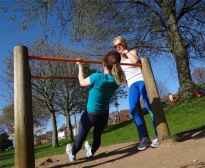
exercise have fewer wrinkles and better skin tone than those who don’t. They also look younger.
Here are a few examples.
Exercise decreases pain and improves mobility for people with arthritis – it can help to delay the need for a joint replacement operation and stabilise a replacement joint after an operation.
Exercise helps with blood sugar and weight management. Combined with a healthy diet, it can slow the 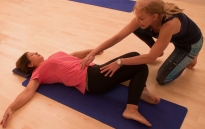 progress of and, in some cases, reverse type 2 diabetes.
progress of and, in some cases, reverse type 2 diabetes.
Exercise lowers blood pressure and, over time, cholesterol levels. That means a reduced chance of developing cardiovascular disease. Exercise also mproves respiratory fitness for asthmatics and can prevent the onset of further respiratory disease.
Exercise builds or maintains bone density, which means less risk of 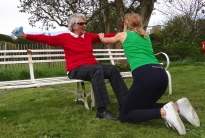 fractures from osteoporosis. This affects around three million people in the UK. Most are post-menopausal women but others at risk include people taking thyroxin.
fractures from osteoporosis. This affects around three million people in the UK. Most are post-menopausal women but others at risk include people taking thyroxin.
If you get your recommended 150 minutes of moderate intensity exercise every week in the run-up to the menopause, your chances of developing osteoporosis fall dramatically. And women who exercise suffer far less disruption associated with hormonal fluctuations, from PMT and sleep disturbance to hot flushes.
Exercise during and beyond treatment improves the chances of recovery from prostate, thyroid and breast cancer by 30-40%. For bowel cancer patients, that figure rises to 50%.

